Japanese can hardly explain the essence of wabi sabi. Yet every resident of the Land of the Rising Sun knows about it. For locals, the wabi sabi way is the internal wisdom of living a perfectly imperfect life, engraved in culture.
Last updated: March 11, 2025
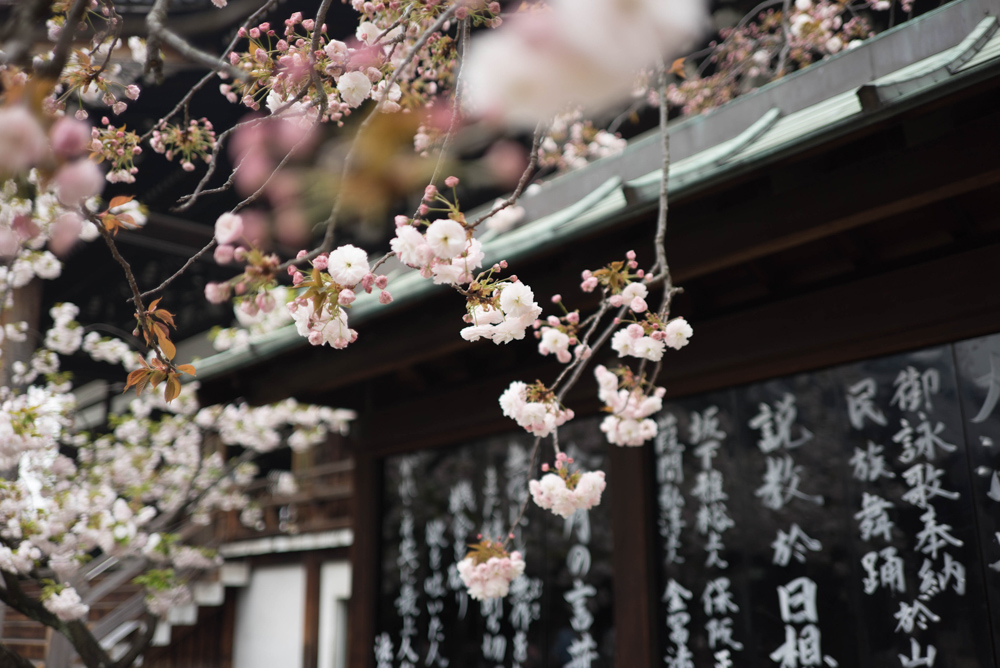
8 Secrets from Japanese Wabi Sabi Philosophy for Living Perfectly Imperfect Life
Centuries-old traditions and customs govern Japan up to this day. No one really speaks about them. No gatherings or group studies are conducted to dissect this ancient wisdom. Moreover, no one even questions its practicality and acceptance in today’s world. The Japanese live it.
Thus, it hardly comes as a surprise that the majority of the Japanese have difficulties in explaining what the wabi sabi way, or simply an idea of living a perfectly imperfect life, means. Everybody has her or his own view on this subject. For some, the wabi sabi living is surrendering to the inevitable passage of time. It’s an acceptance of things as they are without stressing out and trying to freeze time.
Others find beauty in everything, whether it’s new and flawless or old and cracked. The fleeing beauty of wabi sabi and perfectly imperfect life doesn’t escape them. Just like wine gets better with time, a person gains wisdom with years. A tool or object gets a lot to be used for, and therefore becomes essential in one particular house or organization.
Different Stages of the Wabi Sabi Perfectly Imperfect Living
Plump, fresh grapes look refreshing and pleasing to the eye. The berries have a sweet taste and smell at that point of their life. Yet the fruits gain different qualities as they mature and serve different purposes. You don’t dismiss raisins or grape oil because they don’t look as perfect as the fresh grapes.
The same analogy of the wabi sabi living applies to people. It’s easy to find beauty in a young person. Her skin is fresh and plump as a peach. His gait is quick and easy. Yet as wabi sabi holds it, life is perfectly imperfect. This stage is short-lived. And it will pass, for some sooner, for others later.
Yet the Japanese secret for the perfectly imperfect life applies that the wabi sabi beauty never flees that person who is willing to accept the natural laws of life. In Japan, this perfectly imperfect life is not just a concept, it’s a wisdom passed down from generation to generation.
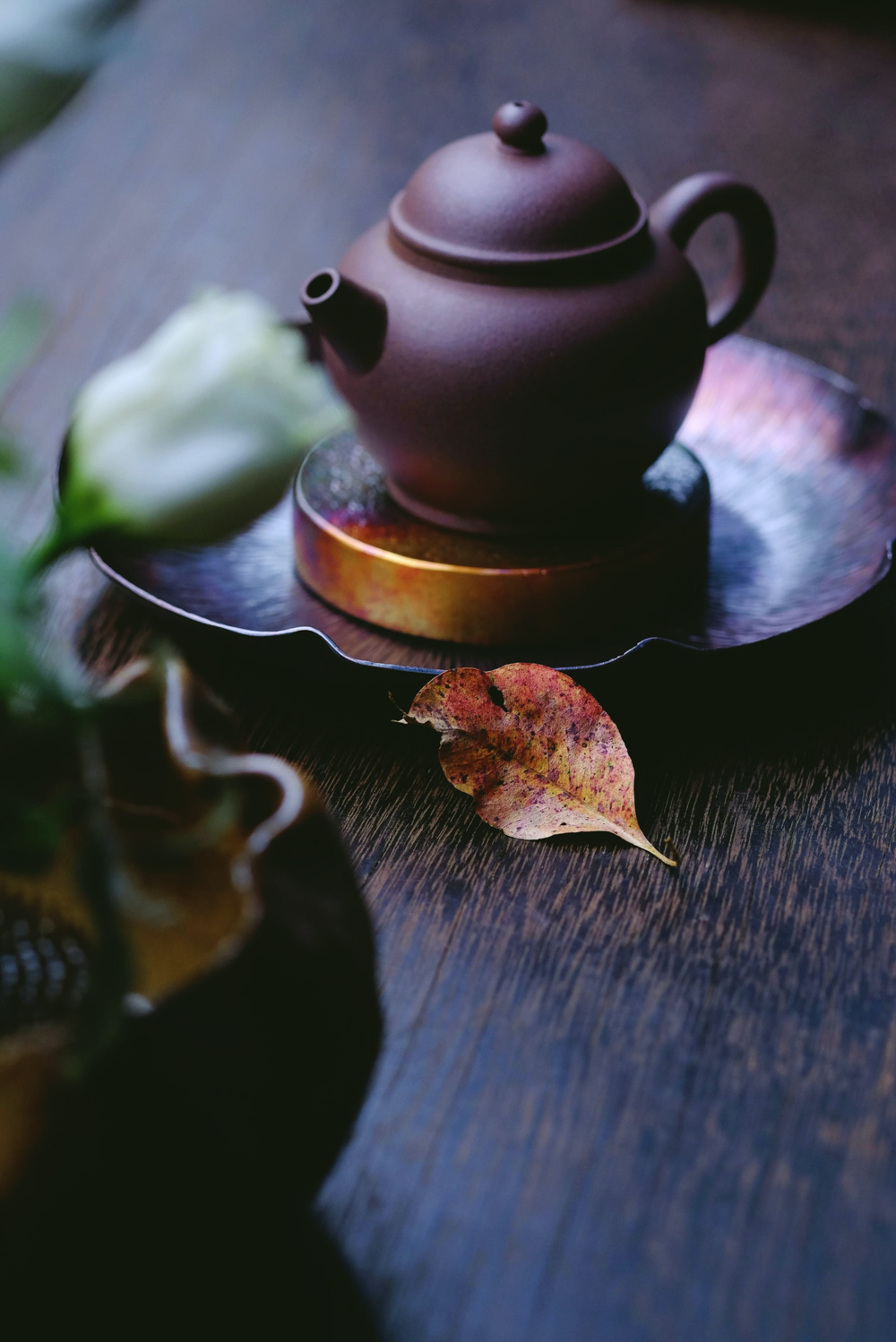
What is Wabi Sabi?
The Japanese wabi sabi wisdom consists of two concepts: wabi, which can be translated as “finding beauty in simplicity”, and sabi that focuses on the passage of time and how things alter in the process. Both concepts play an important role in the Japanese daily life. But combined, they take on a deeper meaning.
From now on, the wabi sabi way ceases to be a wisdom of a perfectly imperfect life. It becomes a feeling, a person’s response to the intangible beauty around. The Japanese don’t go around discussing the wabi sabi way of living and how to better use it. Ironically, the Western world is the one that tries to structure the Japanese wisdom for living a perfectly imperfect life.
While the Japanese live it, the westerners study it. Nothing wrong with it. The truth is you don’t need to be Japanese to incorporate some of the wabi sabi secrets in your perfectly imperfect life. But be willing to find beauty in ordinary things and accept the inevitable passage of time.
On the other hand, despite ample talks and books written about wabi sabi, the wisdom for a perfectly imperfect life can’t be explained completely. It comes naturally with the acceptance of life as it is. Yet there are a few tips to achieve that wabi sabi way of living sooner. Life has to be enjoyed not endured. So let’s learn how to do it from the Japanese.

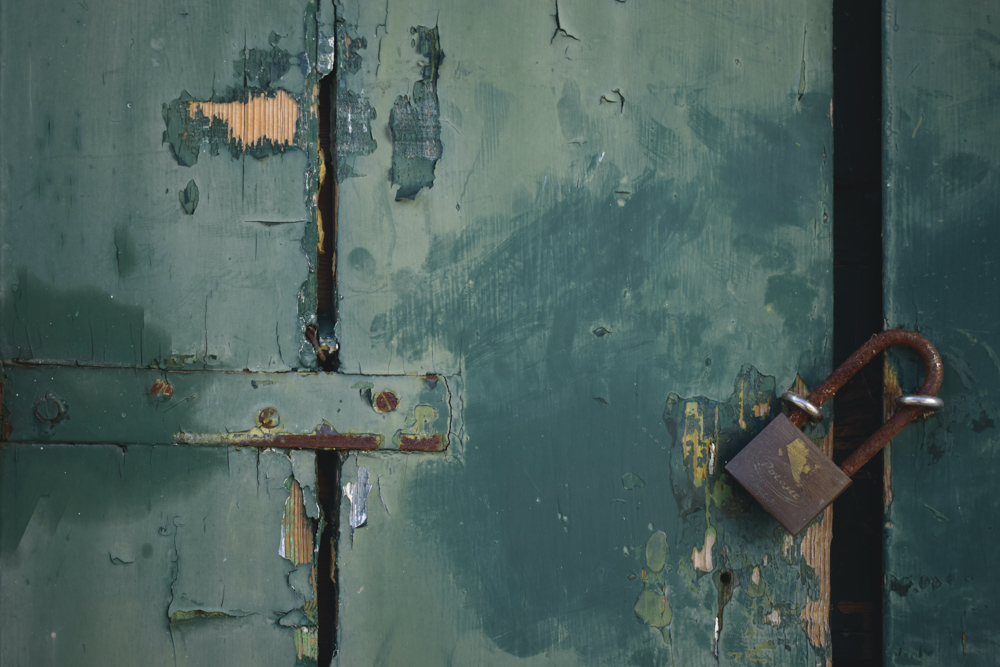
9 SECRETS FOR PERFECTLY IMPERFECT LIFE: JAPANESE WABI SABI WISDOM FOR YOUR EVERYDAY LIFE
1. Declutter
Your perfectly imperfect life starts with a clean space. While your mind is at its best in a healthy, cleansed body, so is your body that thrives in a decluttered environment. Too many unnecessary things clutter both your body and mind. You hold on to the things that you don’t even need. Piles and piles of clothes that don’t even fit in your closet frustrate you. Often, you don’t even know what you have, but keep buying more and more stuff.
The Japanese who usually live in small places, especially in such big cities as Tokyo or Yokohama, find it irrational. More space for the stuff, less space to enjoy your place. This certainly goes against wabi sabi’s perfectly imperfect way of living. So the Japanese use only what they need. And most importantly, they use their space wisely, finding the right place for all of their items to live.
Many westerners also catch up on this concept of wabi sabi and declutter their perfectly imperfect lives and homes. Use what you need while giving away something that doesn’t serve its purpose. Make room for you to breathe. Instead of buying a new thing, substitute it for something you already have.
So, for example, don’t throw away empty honey jars. Store nuts and dry fruits in them. Instead of buying a new lamp because a lampshade in your old one is broken, see if you recognize wabi sabi here. Maybe you can even embark on a new DIY project and give a new perfectly imperfect life to your old lamp.
2. Stick to Earthy Shades
Natural colors prevail in the majority of Japanese houses. Brown shades that remind of the color of earth intermix with lighter hues of bamboo furniture and greenish or yellowish tatami mats. Top it off with green shades of potted plants and you get a perfectly imperfect, wabi-sabi-influenced home.
The warm earthy shades are said to keep you calm while unnatural, saturated colors can overstimulate your mind. According to the wabi-sabi wisdom, you can’t reach a perfectly imperfect balance in your life when your house, a place where you spend at least a few hours a day, feels cold and unwelcoming.
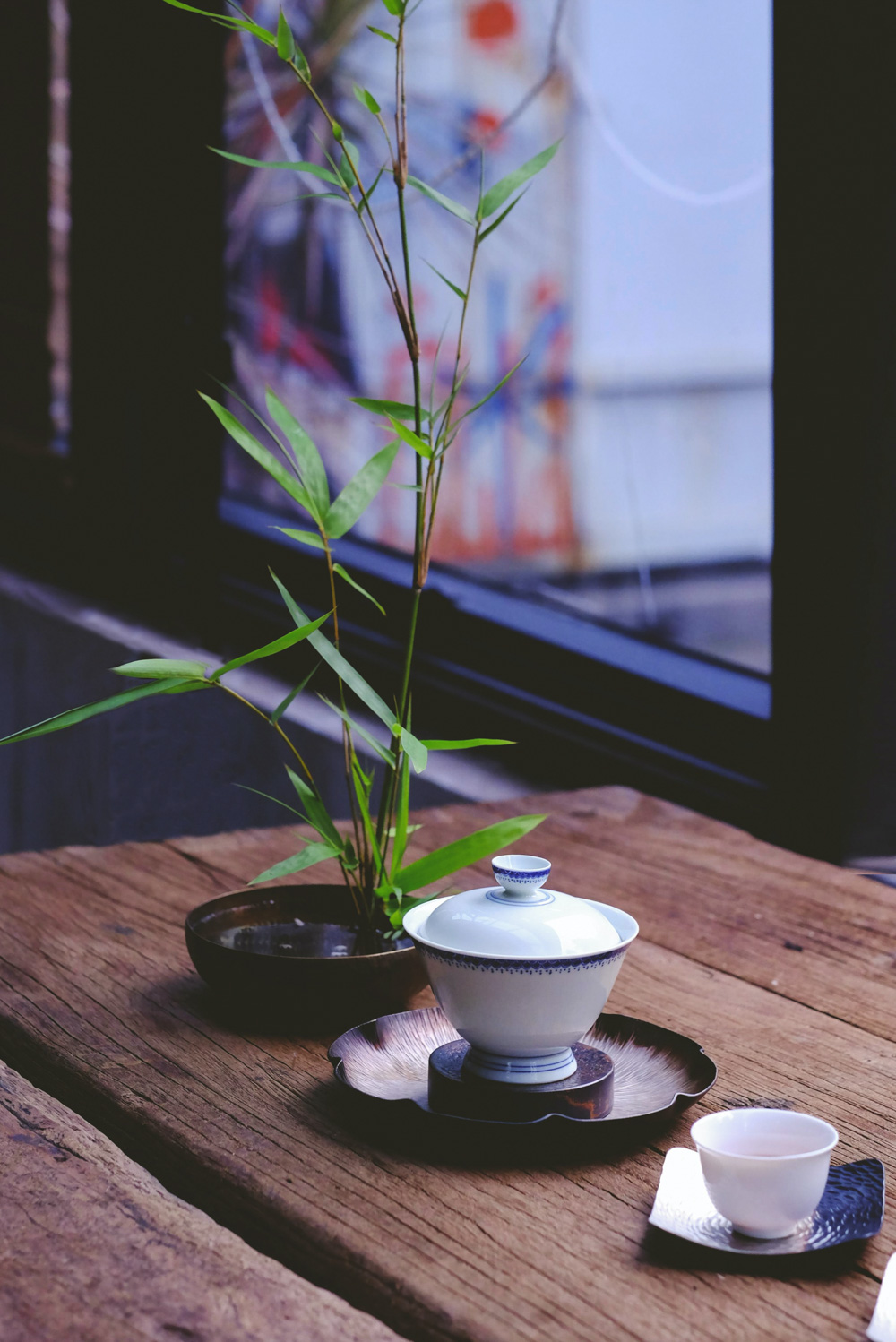
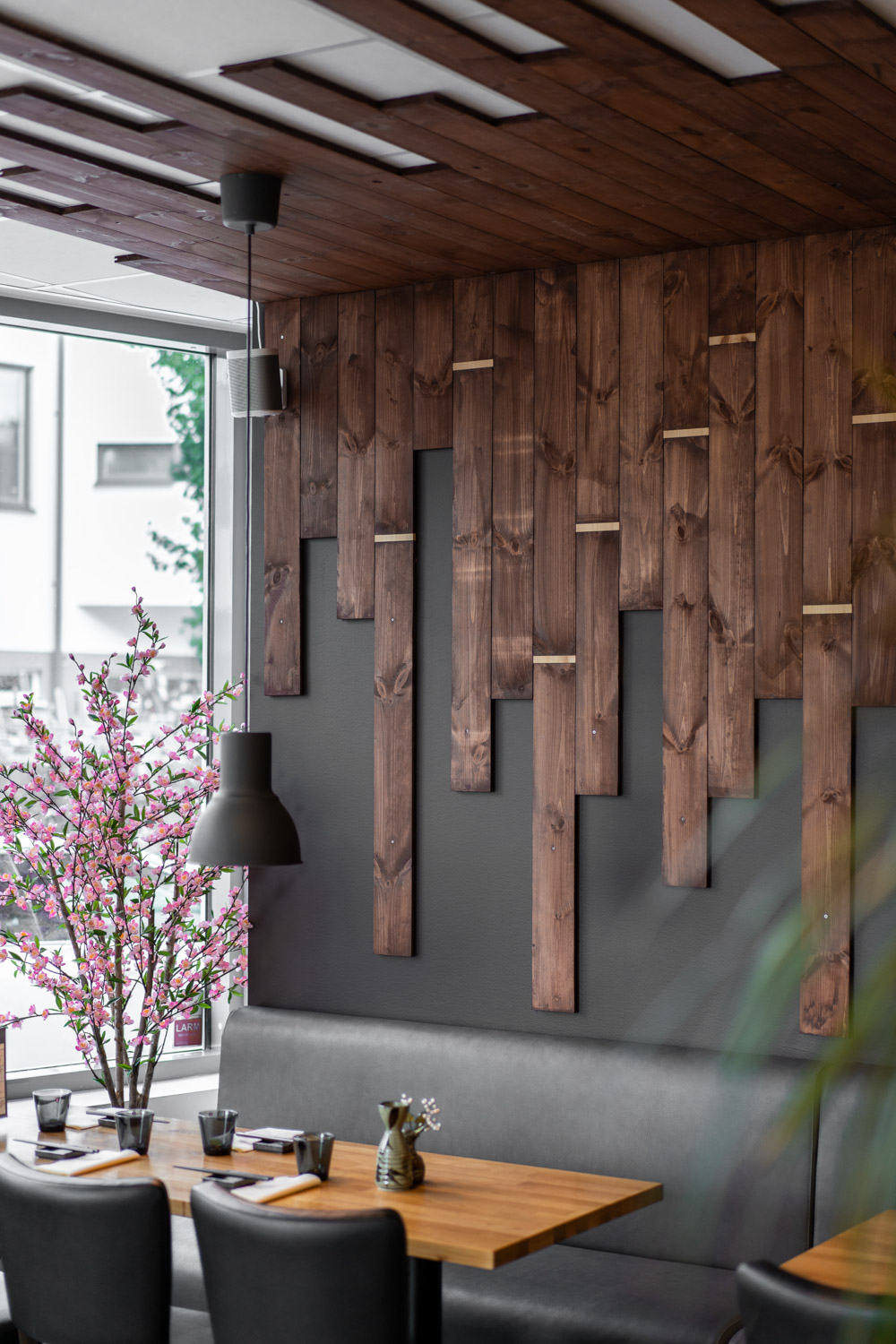
3. Replace Plastic with Natural Materials
Apart from adorning your abode with the earthy colors, start choosing natural materials over toxic plastic. See how your life and health benefits from this little switch.
Yet while buying aluminum-free cooking ware or glass containers might be an investment initially, it saves you money in the long run. Moreover, you get to experience the wabi sabi way in your own kitchen or home.
Just like people, all items deteriorate and get cracked eventually. So instead of throwing it away, find a new use for your favorite pot. And that’s exactly what wabi sabi can mean for some people – finding a new purpose at different stages of life.
4. Live in a Perfectly Imperfect Balance with Nature
Wabi sabi teaches that you should live as close as possible to nature. Although ideal, it’s impossible, at least for some of us. First of all, vibrant urban culture is too irresistible for many, including some Japanese, that simply can’t relocate to a rural area. Second, many others can’t leave the city because of their jobs.
Wabi sabi takes into account all of these. So if the country life doesn’t suit you for any reasons, bring nature closer to you. Nourish your perfectly imperfect connection with nature by growing plants and flowers at home. Don’t worry, you don’t need to become an expert gardener and start growing bonsai trees or any other exotic Japanese plants. Just stop at your local garden center and pick up any potted plants to your liking.
Alternatively, you can start adding the wave sabi ideas into your diet by growing herbs in plant pots right in your own kitchen. It’s a great way to spice up your imperfect life with some perfectly organic greens.
Furthermore, once a month, get outside and enjoy nature. Go on a road trip to a national park or check out that waterfall a few hours away that everybody is raving about. Or maybe just drive to a small town nearby and find your wabi sabi along a secluded hiking trail outside it.
READ MORE: Forest Bathing: The Japanese Secret to Meaningful Travel and Healthy Living

5. Accept the Passage of Time – the Greatest Wabi Sabi Wisdom for Perfectly Imperfect Life
The wabi sabi way of life is at peace with getting older. It doesn’t try to trick or stop the time. Instead, the wabi sabi lifestyle cherishes all phases of life. In the Western world, this would be similar to the concept of aging gracefully.
No need to chase the latest anti-aging cream or freak out over fine wrinkles that gather around your eye when you smile. The age is just a number. It doesn’t make you worthy or unworthy. Instead, celebrate every stage of life. Wabi sabi sees perfection in imperfect skin texture left on your face by merciless time. But it also cherishes the wisdom that comes only with experience.
At the same time, wabi sabi never settles on giving up on yourself and simply following the flow of this imperfect life. You are very much responsible for feeling your best at any particular stage of your life.
Thus, eating right (Japanese centenarians recommend eating according to hara hachi bu or until you are 80% full), doing some exercises such as daily walks, and taking care of your mental health are all parts of the wabi sabi living.
6. Nurture Relationships
Treat every relationship with respect. Care for another person as if it’s the last time you see her. Here the Japanese wabi sabi wisdom aligns with ichi-go ichi-e. The latter states that neither situations, nor people are the same. Just as you can’t enter the same river twice, you can’t have the same situation with the same person in the same setting later today or tomorrow.
People change. Their interests change. Circumstances change. Nothing is permanent in this perfectly imperfect life. So remember to treat every person the way you would want to be treated. Go above and beyond to help a friend or even a stranger. Make every encounter unforgettable. Try to transform the not always perfect circumstances into perfect experiences, the ones that the person you helped will never forget.
READ MORE: People that Made Our Kauai Trip Memorable

7. Don’t Sour Your Wabi Sabi with Focusing on Failures
Life is not always perfect. You make mistakes and fail multiple times. What’s important is how you define your failure. Is it the end of your career, family, or even life? Or is it just a stepping stone, an opportunity to learn and bounce back wiser and stronger.
The wabi sabi way of living strives for the latter. It’s not an option to surrender to your failure and dwell on it for the rest of your life. There is no wabi sabi in it per se. To live your perfectly imperfect life, you must forgive yourself first and move forward. And this is the true essence of wabi sabi.
8. Fill Your Life with Unique Items
No, you don’t need to get a massive crystal or buy an extravagant car. The wabi sabi way of living never asks you to spend more than you can afford. Rather, focus on unique, custom-made items that might be slightly more expensive than generic products for masses, but supersede the latter in style and longevity.
In doing this, you not only improve your well-being, but also support local businesses. Normally, these small organizations operate with the wabi sabi principles at the core of their businesses. 100% organic produce, non-toxic materials, wood instead of plastic – these products are far closer to being perfect than the items made with questionable materials and sold by mass-market retailers.
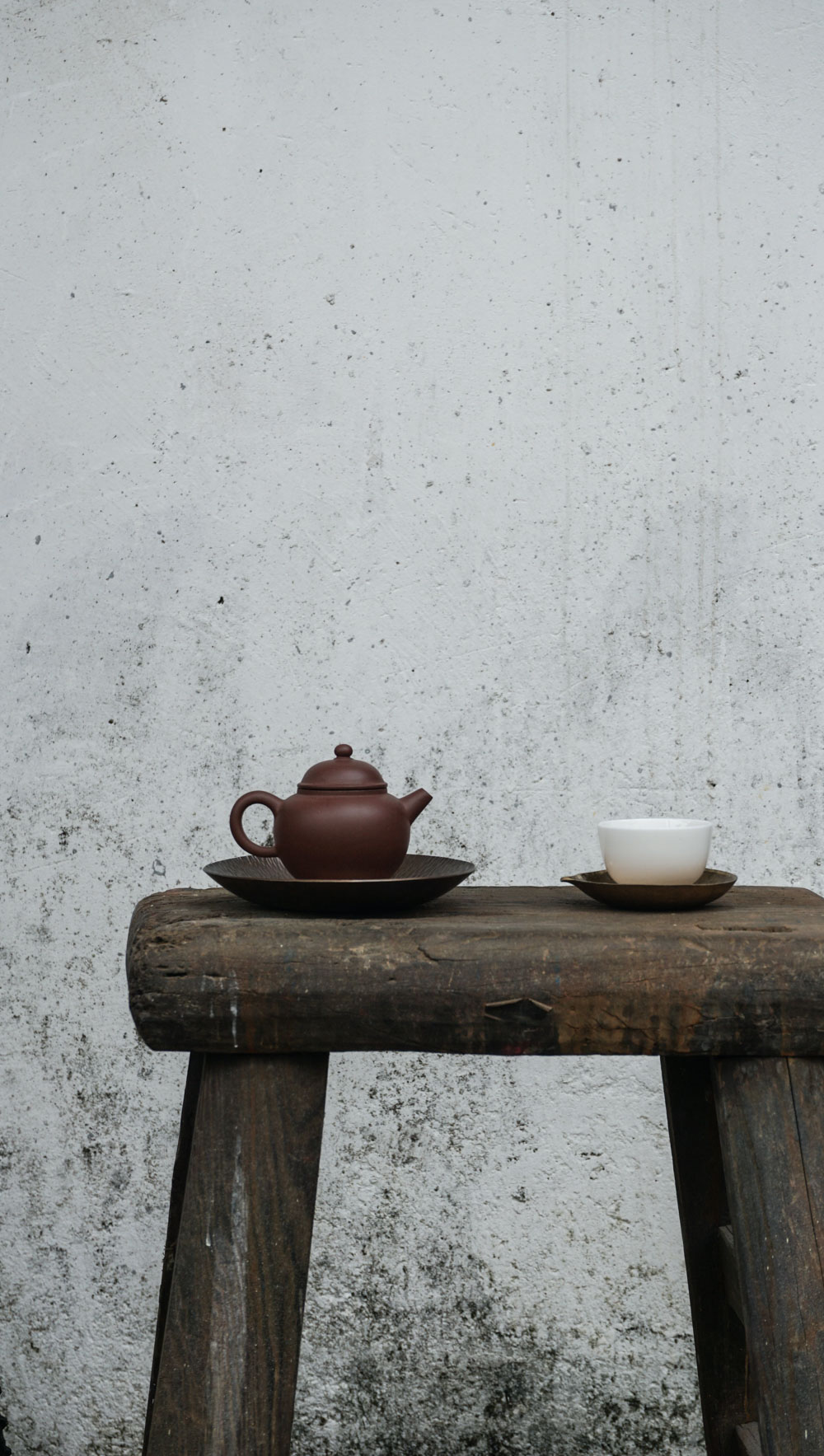
Read Next
- IKIGAI: Ikigai – the Japanese Secret to Well-Being
- TREASURING EXPERIENCES: Why You Should Document Your Travel Experiences